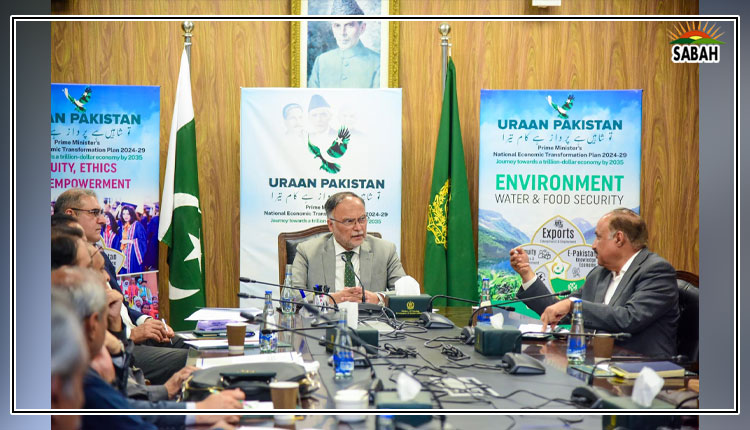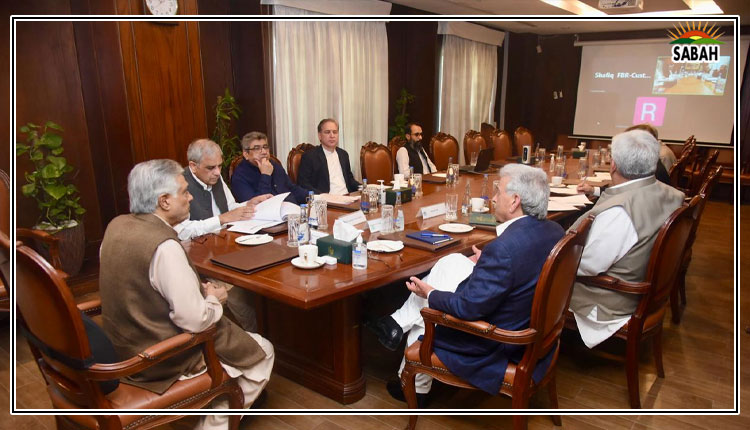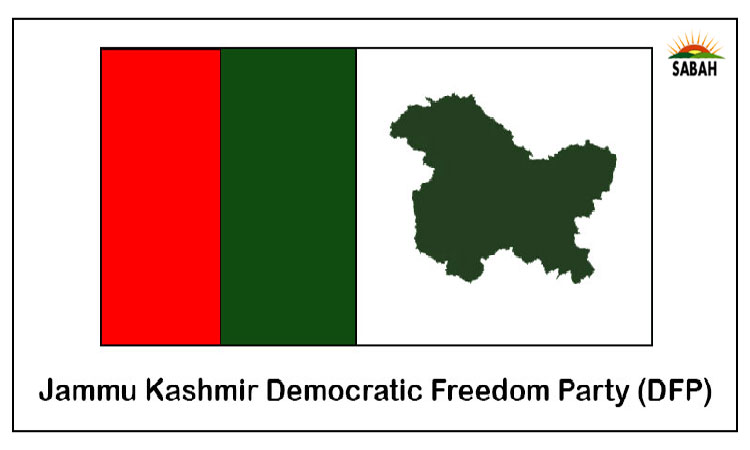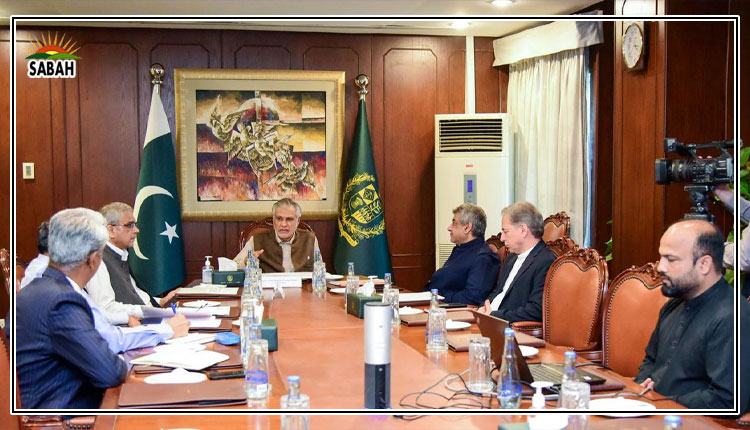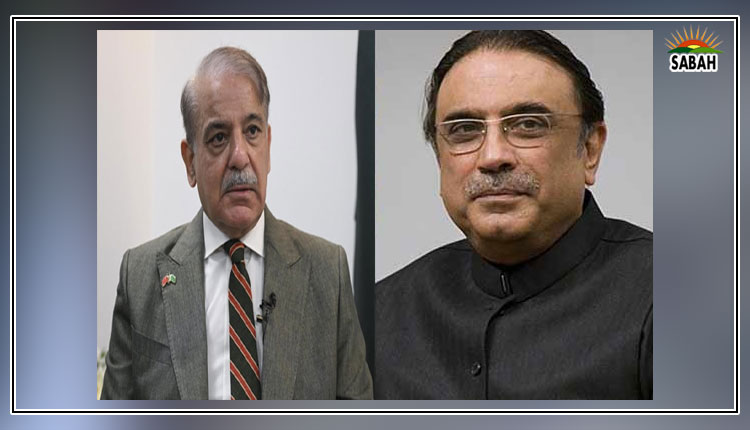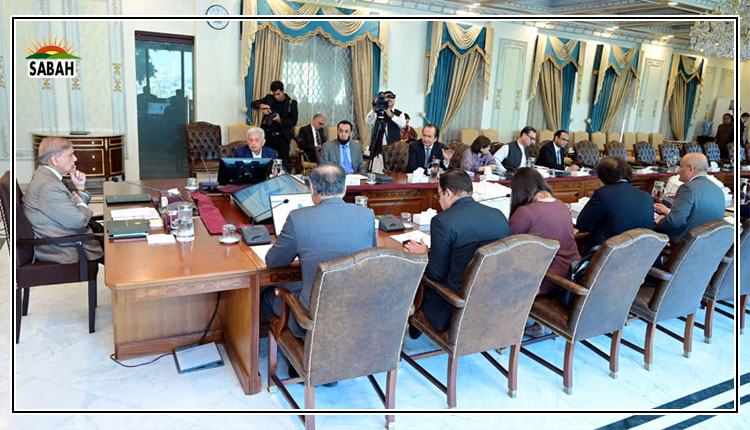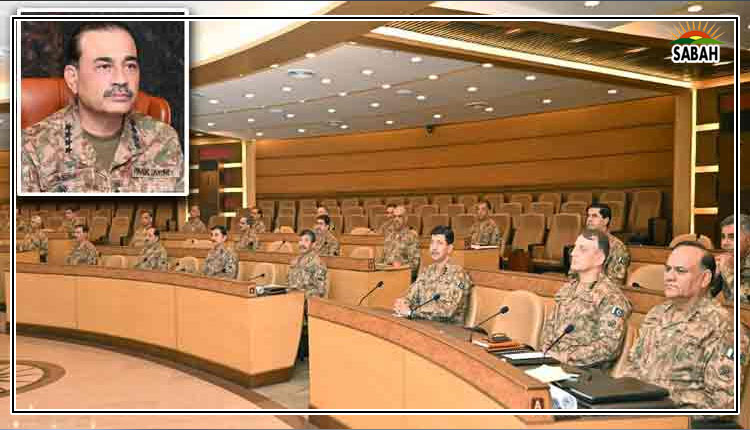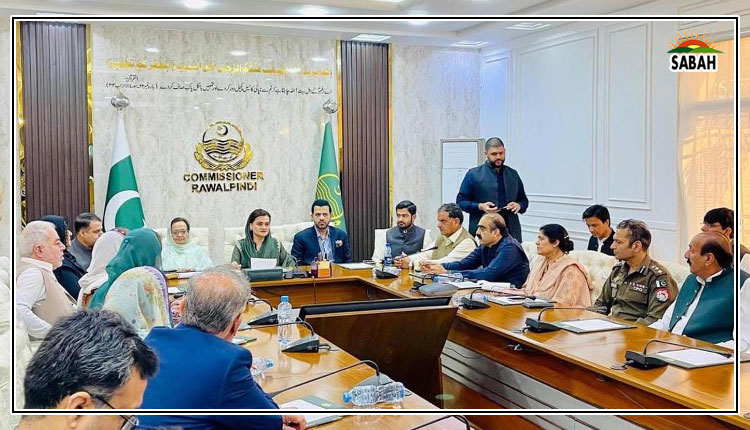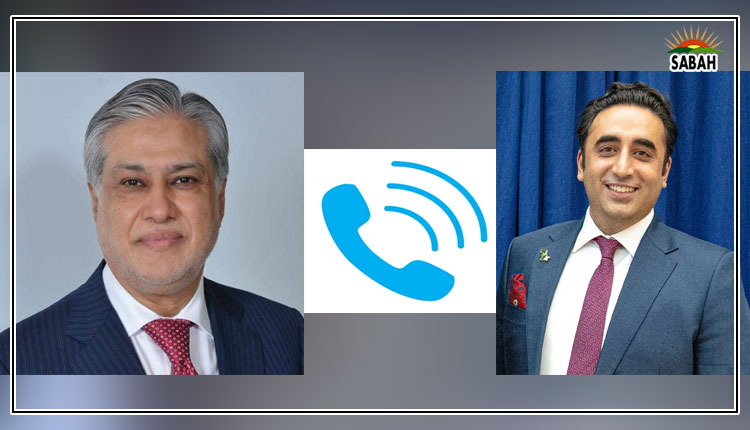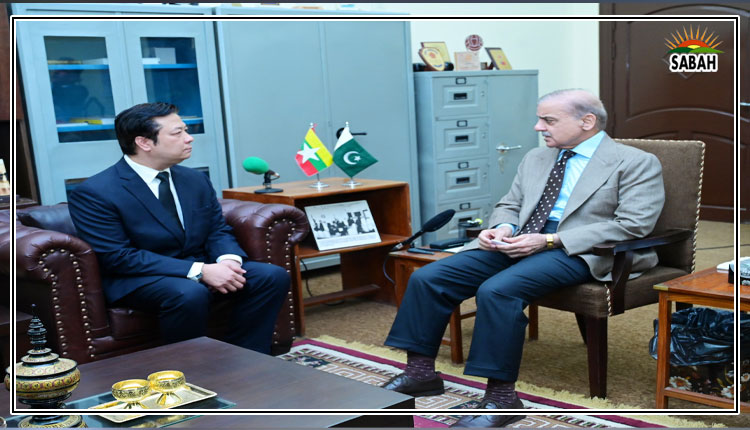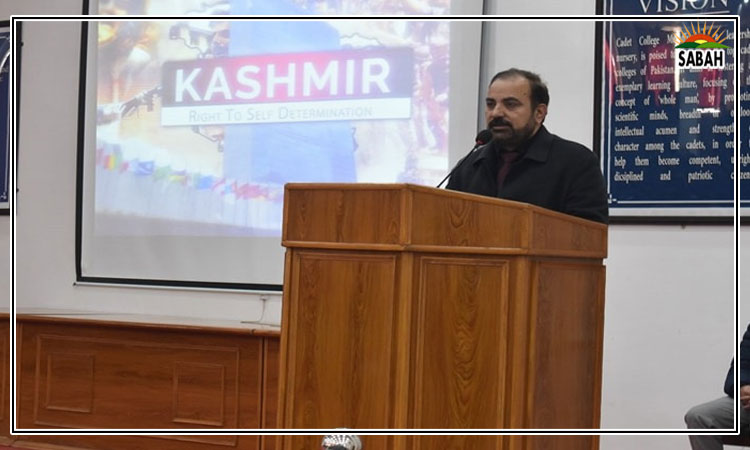Kashmir Self-Determination Day, the UN is the true solution to the Kashmir issue: Dr. Waleed Rasool
MUZAFFARABAD, Jan 05 (SABAH): Kashmir Self-Determination Day was observed to emphasize the forgotten promises made to the Kashmiri people regarding their right to self-determination.
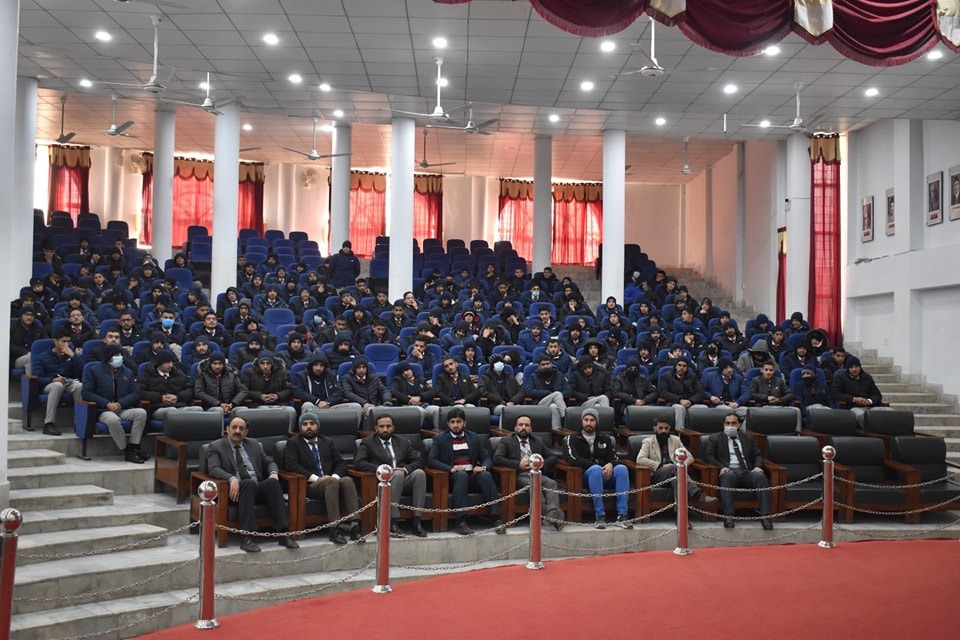
Dr. Waleed Rasool, Convener of the HEC Research Initiative, delivered an inspiring speech delving into the philosophical, historical, and geopolitical dimensions of the Kashmir issue. His address shed light on the unfulfilled commitments of the international community, reminding the audience of the urgent need for justice and peace in the region while offering hope for a brighter future.
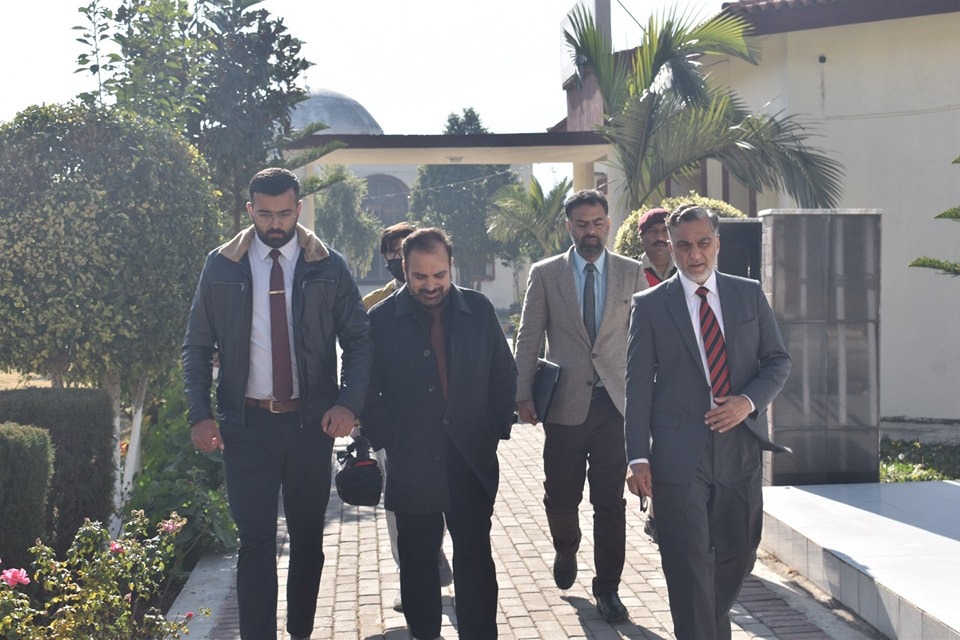
Dr. Rasool began by emphasizing the importance of self-realization as the foundation for achieving freedom and self-determination. He explained that individuals must first understand and master themselves before striving for collective goals. Drawing from Nietzsche’s philosophy of the “Superman” Thus Spoke Zarathustra and converging it with Allama Iqbal’s teachings on nafs-e-mutma’innah (the tranquil self), he described a state of inner peace and self-awareness aligned with higher ideals. He remarked “To bring meaningful change, we must first conquer our inner selves. Self-discipline and self-awareness are essential for any successful movement. Without these, even the most passionate efforts can become scattered or ineffective.”
Dr. Walleed Rasool connected this idea to the Kashmiri struggle, emphasizing that its strength lies in the unity and shared purpose of its people.
Discussing the broader, Dr. Waleed Rasool reflected on the rise and fall of Islamic nations. “Unity was once the source of strength for Islamic countries, making them a global superpower. Today, they are divided into 57 states with no representation in the P-5 of the UN Security Council,” he noted. “The Muslims of South Asia united to create Pakistan, and they must address internal challenges to emerge as a powerful voice capable of influencing the UN and UNSC. This is essential to push for the implementation of UN resolutions on Kashmir and Palestine.”
Dr. Rasool highlighted the dangers of internal divisions, stating, “History shows that no external power can defeat a united people. But when we are divided and let our differences overshadow shared goals, we become vulnerable.” He emphasized that UN resolutions, particularly Resolution 47 of January 5, 1949, offer a viable solution to the Kashmir issue if implemented in their true spirit. He further clarified that Resolution 122 invalidates any internal moves by India, including elections, as substitutes for the right to self-determination.
He stressed that Pakistan’s stability and strength are vital to maintaining the Kashmir issue on the global agenda. “A strong and stable Pakistan is a counterbalance to India’s regional dominance and ensures that the Kashmir issue remains alive despite India’s deliberate sidelining of UN resolutions,”
Dr. Rasool urged Kashmiri youth to play a pivotal role in the movement. “Youth must be the driving force behind Pakistan’s strength, united under one slogan, one flag, and guided by the principles of unity, faith, and discipline.” He concluded, “Unity is not just a slogan it is a survival strategy. The Kashmiri people must focus on their shared goals and set aside personal or group interests. Only through unity can they overcome external challenges and secure their future.”


